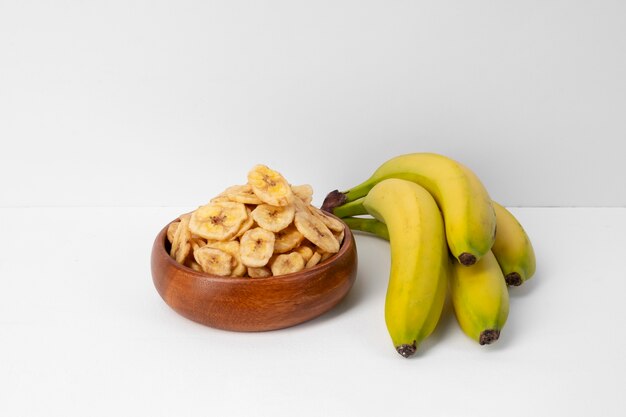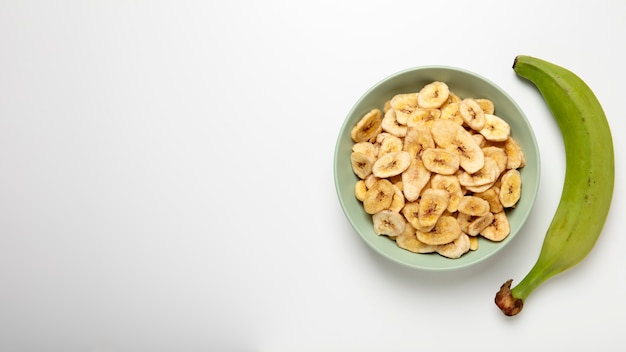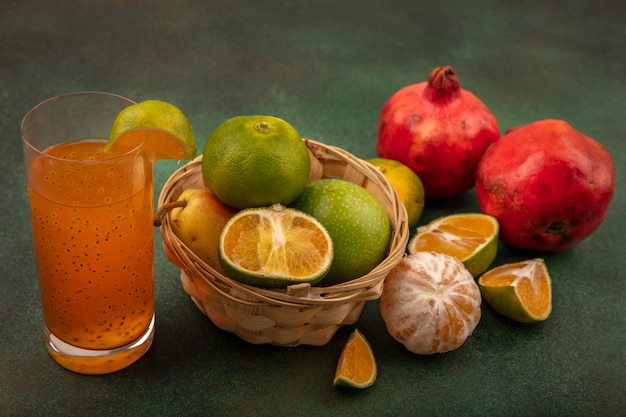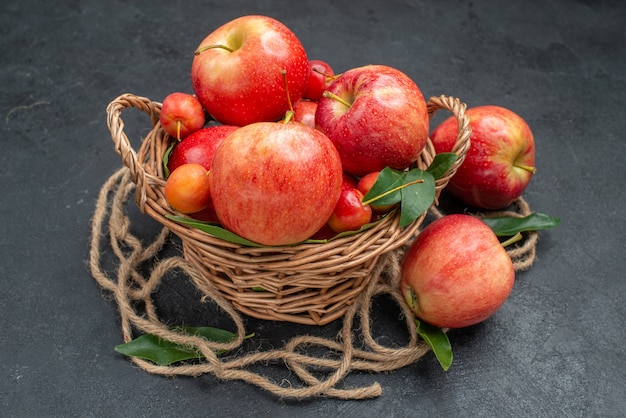Bananas have been a key part of diets around the world for centuries. Not only are they delicious, but they also come packed with a ton of nutritional benefits, making them one of the most popular fruits globally.
Nutritional Profile of Bananas
Bananas are mostly made up of water, around 75% to be exact. This is pretty normal for pulpy fruits. What sets bananas apart is their high energy content, which makes them perfect for a quick pick-me-up.
Most of a banana’s calories come from soluble carbs like fructose, glucose, and sucrose, which make up about 25% of the fruit’s weight. They also contain about 3% fiber, while proteins and fats are minimal at around 1% and 0.3%, respectively. These values can change based on the banana’s type, ripeness, and how it’s grown.
Bananas are also rich in vitamins. They have pro-vitamin A, several B vitamins such as B1, B2, and PP, along with vitamin C, and even small amounts of vitamin E. When it comes to minerals, bananas shine, especially for their potassium, which is essential for heart and kidney function. They’re also good sources of calcium, phosphorus, copper, and iron, although the iron is less readily absorbed by the body.
Health Benefits of Bananas
Bananas are packed with essential vitamins, minerals, and fiber, offering various health benefits that can enhance overall well-being and help prevent diseases. Here are some of the key health perks:
1. Nutrient-Rich
– Vitamin C: Protects your body from cell damage and helps absorb iron.
– Vitamin B6: Aids in brain health and helps produce mood-regulating neurotransmitters like serotonin and dopamine.
– Potassium: Crucial for heart health and blood pressure regulation, helps maintain fluid balance, and supports nerve function.
– Magnesium: Supports muscle function, bone health, and helps in energy production.
2. Heart Health
– The high potassium level in bananas helps manage blood pressure and reduces the risk of stroke and heart disease. Additionally, bananas contain resistant starch and pectin (found more in unripe bananas), which can help lower cholesterol levels, further benefiting cardiovascular health.
3. Digestive Health
– Bananas are a good source of dietary fiber, which is important for keeping your digestive system in check. The resistant starch in unripe bananas acts as a prebiotic, feeding good gut bacteria and helping with nutrient absorption.
4. Energy and Exercise Support
– Because bananas provide quick, digestible carbs and potassium to keep muscles and nerves functioning well, they are favored by athletes and fitness enthusiasts as a convenient pre-workout snack.
5. Weight Management
– Low in calories but high in fiber, bananas help you feel full longer, which can aid in managing your weight by reducing overall calorie intake.
6. Mood Regulation
– Bananas contain tryptophan, which the body converts into serotonin to help improve mood and promote relaxation, supporting overall brain health.
7. Antioxidant Properties
– Bananas are rich in antioxidants like dopamine and catechins, which are linked to various health benefits like reducing the risk of heart disease and other degenerative conditions.
Culinary Uses of Bananas
Bananas are incredibly versatile and used in many culinary applications worldwide, thanks to their natural sweetness, distinct flavor, and creamy texture.
1. Baked Goods
– Bananas are a staple in baking, commonly used in banana bread, muffins, pancakes, waffles, and cakes to add natural sweetness and moisture.
2. Smoothies and Beverages
– Their creamy texture and sweet flavor make bananas a popular choice for smoothies and milkshakes. They can also be blended with milk and spices for nutritious drinks.
3. Desserts
– Whether in Bananas Foster, puddings, pies, custards, or simply grilled with a sprinkle of sugar, bananas are perfect for sweet treats.
4. Breakfast Dishes
– Bananas are a favorite for breakfast, whether sliced into cereals or oatmeal, mashed into pancake batter, or simply eaten alone. They also pair well with yogurt and granola.
5. Snacks
– Fresh bananas or banana chips make for great snacks. Fresh bananas can also be paired with peanut butter or almond butter for an energy-boosting treat.
6. Salad Ingredient
– Ripe bananas add sweetness to fruit salads, while unripe bananas or plantains make for good savory salad ingredients.
7. Topping and Fillings
– Mashed or sliced bananas can top waffles, pancakes, and toast, or serve as fillings for crepes, sandwiches, and wraps, especially with ingredients like chocolate, honey, or nut butter.
In summary, bananas are an impressive fruit boasting a rich nutritional profile and a range of health benefits. Whether enjoyed as a quick snack or a versatile ingredient in numerous dishes, bananas have cemented their place as a dietary staple around the world.







